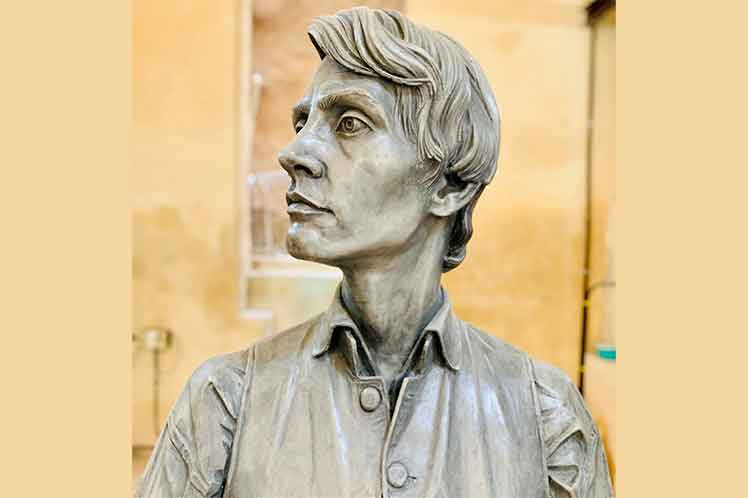Favez, considered the first woman in America to practice medicine and surgery and located by the records of the time as one of the only three surgeons in the Caribbean area, arrived in Santiago de Cuba, aboard the sailboat “La Helvecia”.
She arrived dressed as a man and with her masculine attire she practiced medicine in the Caribbean nation between 1819 and 1824, after being examined and legally authorized by the Protomedicato court of Havana, as she raised suspicions due to her appearance and manners.
The studies also allude to the condition of “migrant woman” of that doctor of Swiss origin who was also a doctor in the war, against Napoleon’s army.
Furthermore, they highlight the unusual nature of her marriage to Juana de León, a unique precedent for the marriage between people of the same sex that is now legalized, regularized or accepted in more than 30 countries.
In her book ¨For being dressed as a man¨, the most complete investigation into the life of Enrique Favez (Enriqueta), the Cuban historian Julio César González Pagés comments that she had begun to dress as a man at some point in the early 19th century and states that “could” be one of the first known cases in Cuba of a transsexual man proclaiming his identity.
Pagés highlights the discrimination that women suffered at the time, due to their sex, the fact of being migrants or due to a free choice of their sexual option and hence the reasons that forced Enriqueta to study surgery and practice medicine under a male disguise.
In 2019, Fernando Pérez, the director of emblematic Cuban films such as Hello Hemingway, Clandestinos, La vida es silbar and Suite Habana, among other premieres, co-authored with Laura Cazador, Insumisas, a Cuban-Swiss collaboration that featured Sylvie Testud in the role of Enrique and “Enriqueta” Favez (this is how the credits differentiate it).
The film achieved several recognitions, including the nomination for the 2020 Platino Awards for Best Art Direction, and the Special Jury Prize at the Havana Film Festival.
The vicissitudes of her life have also been reflected in Cuban theater with works such as Favez, which Argos Teatro premiered in Havana.
Studies and articles also appear in the Cuban and foreign cultural imagination about Favez’s life, the books “Enriqueta Favez: Essay on a Historical Novel” (1894), by Andrés Clemente Vázquez; Woman in battle dress (Alfaguara, 2001), by Antonio Benítez Rojo; among others.
There is not a single image of this extraordinary woman, considered by many scholars of her life to be a pioneer of the feminist movement, but the documents of the trial that in 1820 were issued by the Protomedicato court that examined her as a doctor have remained.
The story of this transgressive woman ahead of her time also prevails today, told in novels, plays, biographies and audiovisuals.
ef/lam/crc/ebe










